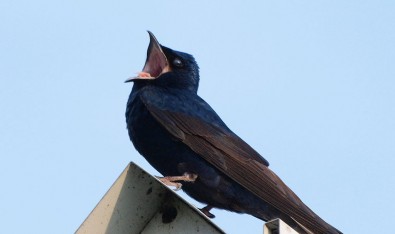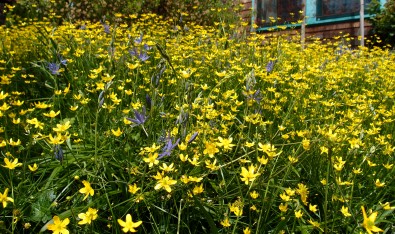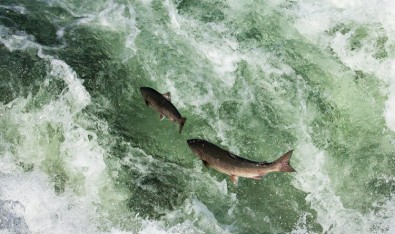At Indian Jack Slough, New Homes for Purple Martins
We’re welcoming purple martins to Indian Jack Slough! This spring Columbia Land Trust and Willapa Hills Audubon teamed up to install two purple martins colonies onsite. Akin to the condominium of bird houses, each colony contains 18 dangling gourds that can hold up to 18 nesting pairs and their chicks. Purple martins, the largest of…
Read More


